Delegate Mai Van Hai ( Thanh Hoa ) said that chemical trading needs to be strictly controlled to overcome the situation of arbitrary buying and selling of chemicals and improper use.
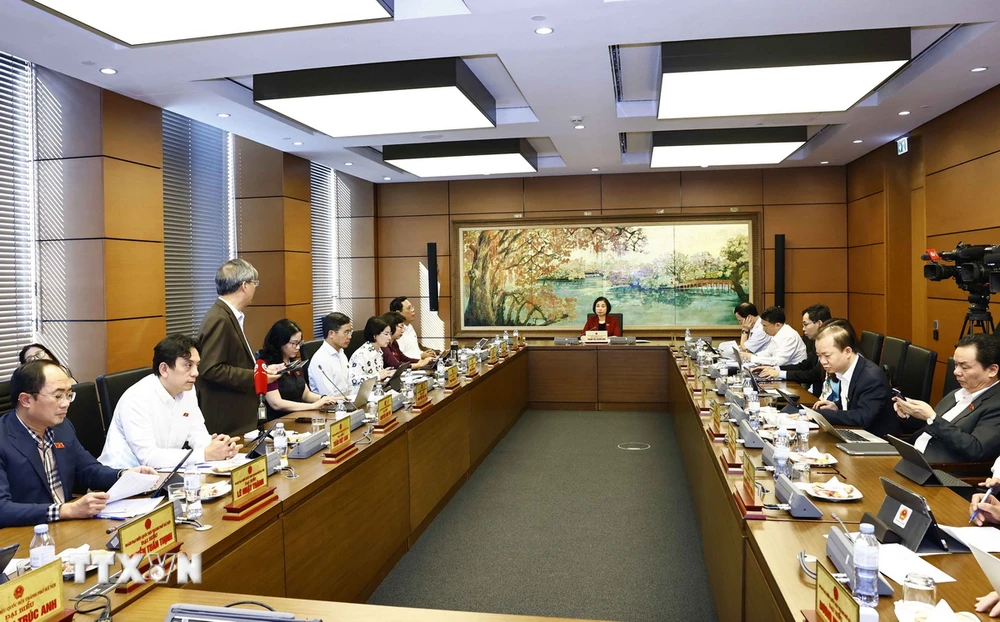
Continuing the 8th Session program, on the afternoon of November 8, the National Assembly discussed in groups the draft Law on Chemicals (amended).
Many delegates said that this amendment to the Law promptly overcomes the problems and shortcomings of the current Law, ensuring the consistency of the legal system, in line with the domestic and international context and international commitments that Vietnam has participated in.
Delegates said that the biggest shortcoming of the current Chemical Law needs to be overcome, which is the overlapping of functions and tasks among state management agencies. Specifically, the Ministry of Industry and Trade, the Ministry of Health, and the Ministry of Natural Resources and Environment all have the authority to manage activities related to chemicals. This leads to a situation of fragmentation of responsibilities and lack of coordination in monitoring and handling violations.
Delegate Mai Van Hai (Thanh Hoa) said that it is necessary to clearly define the responsibility of the Provincial People's Committee in developing a plan for the development of the chemical industry. The implementation of the chemical development strategy must be associated with environmental protection.
In addition, the chemical business needs to be strictly controlled, to overcome the situation of arbitrary buying and selling of chemicals and improper use. Some delegates pointed out that the regulations on handling and destroying toxic chemicals have not been fully implemented, leading to many cases of chemical discharge causing serious pollution.
According to delegate Tran Thi Thu Phuoc (Kon Tum), sanctions are not strong enough, leading to widespread waste discharge by small companies and businesses in many places. Meanwhile, authorities have not promptly detected and dealt with the issue.
"We have joined many free trade agreements, so we need strict sanctions to manage chemicals on the market as well as the use of chemicals," the delegate emphasized.
Commenting on Article 71 of the Provincial Chemical Incident Prevention and Response Plan, delegate Luu Ba Mac (Lang Son) said that when implementing the new law, the Provincial People's Committee will have to issue a Provincial Chemical Incident Prevention and Response Plan, and at the same time, on the basis of the plan, organize provincial chemical incident response drills.
Delegates agreed with the need to develop a prevention and response plan, and agreed with the need to organize drills so that localities, agencies and units can proactively and promptly respond to chemical incidents safely and effectively.
However, delegates suggested that the drafting agency consider integrating it into relevant local incident response plans. Specifically, the Prime Minister has issued Decision No. 104/QD-TTg dated January 22, 2019 approving the national action plan on prevention, detection and preparation for response to chemical, biological, radiological and nuclear risks and incidents for the period 2019-2025 (abbreviated as CBRN).
At the national level, the National Committee for Incident, Disaster Response and Search and Rescue has been assigned to preside over and coordinate with ministries, agencies and localities to plan, develop scenarios and organize national CBRN incident response drills. At the local level, there is also a general plan for three areas: chemical, biological, radiation and nuclear.
Therefore, to ensure consistency, avoid duplication, and avoid unnecessary waste at the local level, delegates said that it is possible to consider integrating into a plan for incident prevention and response for related fields, with the same force (departments, departments, branches) or separating them into separate plans with separate fields, there should be no overlap in the same field content, but in different plans.
At the same time, delegates suggested considering the periodic time for organizing incident response drills, which should be assigned to the Provincial People's Committee, based on the local practical situation, to specify the periodic or ad hoc time for organizing drills.
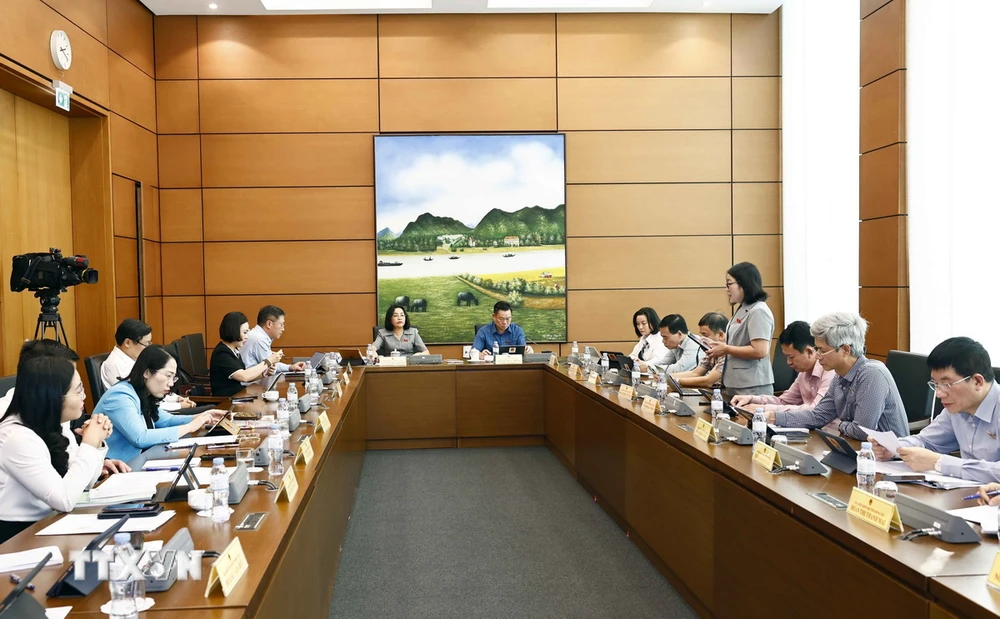
Delegate Nguyen Thi Kim Anh (Bac Ninh) agreed on the necessity of promulgating the Law to institutionalize the Party's guidelines and policies to identify the chemical industry as one of the fundamental industries, creating strong enough mechanisms and policies to promote the development of the chemical industry.
Delegates also agreed on the management of the chemical system throughout the entire life cycle from production, transportation, export, import, and disposal of chemicals; strict management of hazardous chemicals; and improving the effectiveness of prevention and response to chemical incidents.
Regarding the State's policy in the chemical sector (Article 6), delegates proposed clarifying the necessity of the policy stipulated in Clause 3 on allocating the State budget and attracting socialized resources to carry out tasks, programs, and projects for the development of the chemical industry./.
Source: https://www.vietnamplus.vn/dai-bieu-quoc-hoi-khac-phuc-tinh-trang-mua-ban-hoa-chat-tuy-tien-post992104.vnp


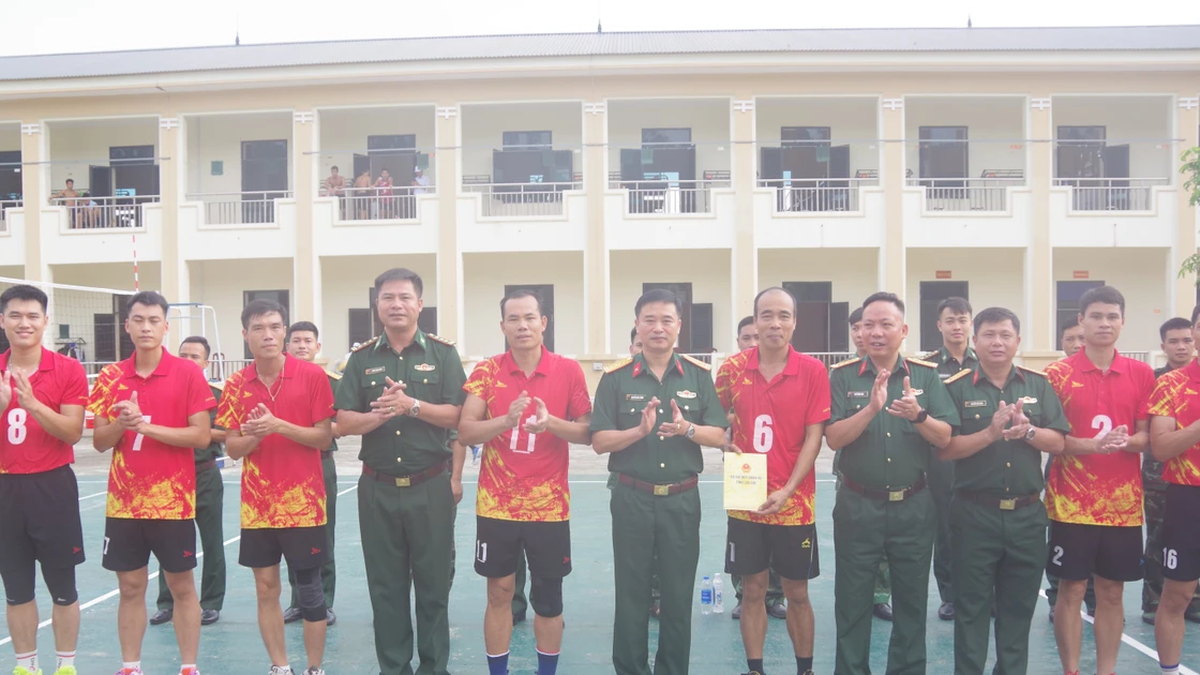




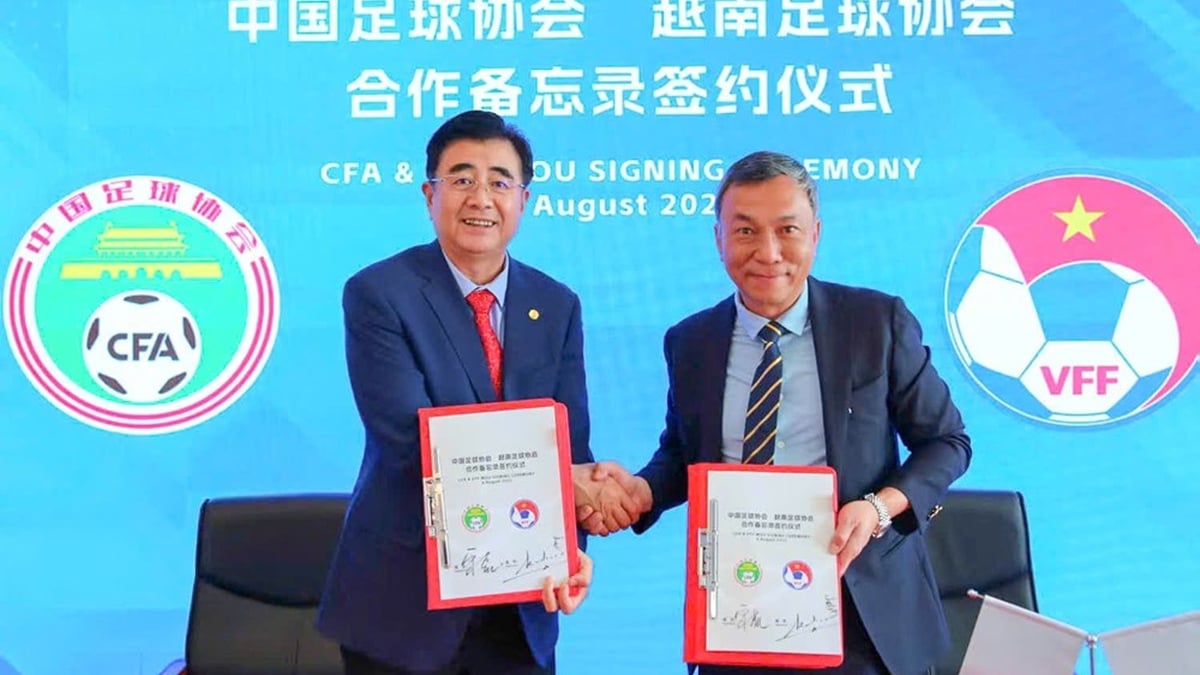



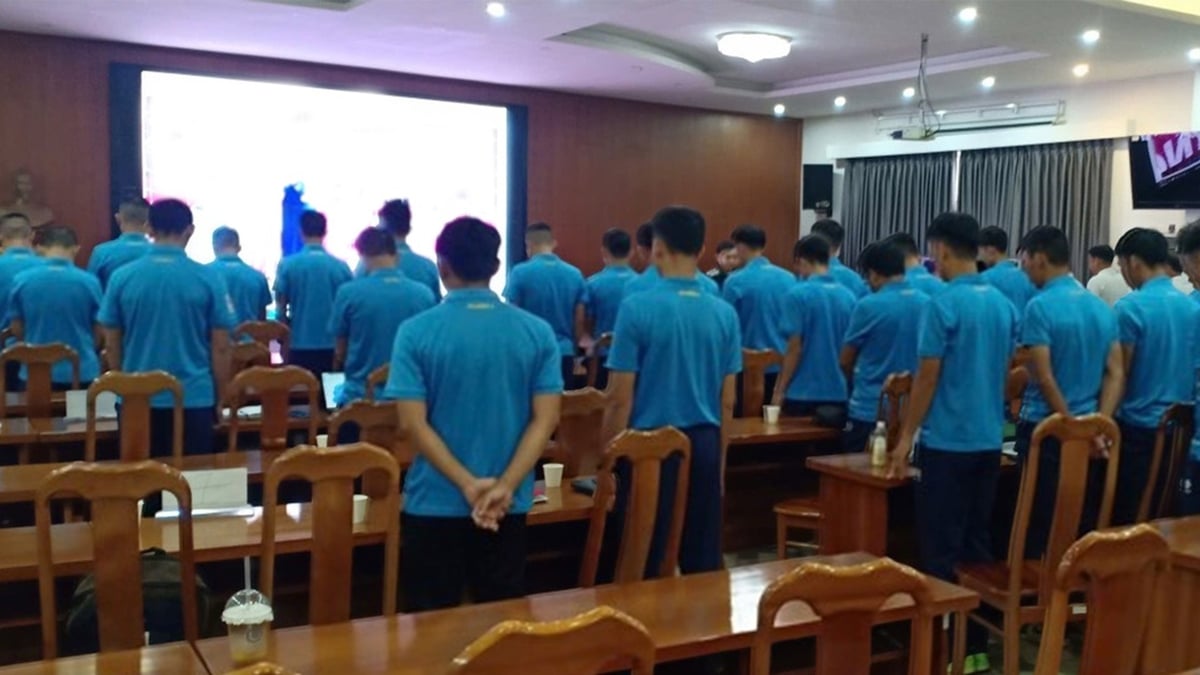
















![[Photo] Nghe An: Provincial Road 543D seriously eroded due to floods](https://vphoto.vietnam.vn/thumb/1200x675/vietnam/resource/IMAGE/2025/8/5/5759d3837c26428799f6d929fa274493)

































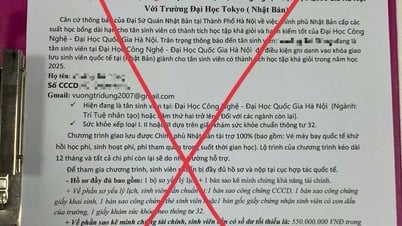
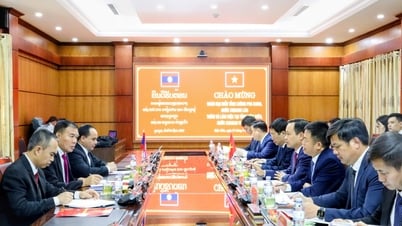


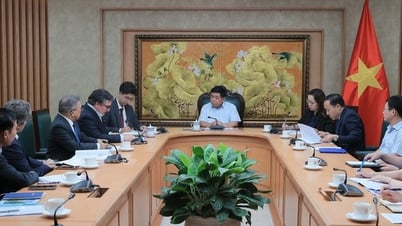




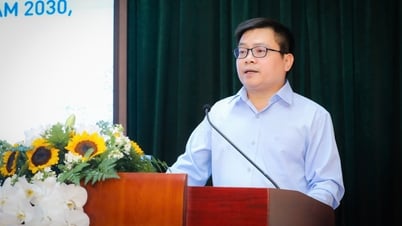


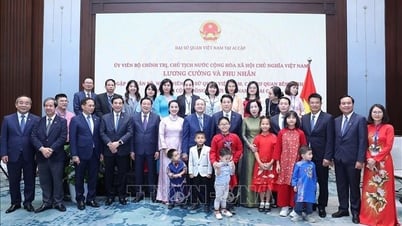

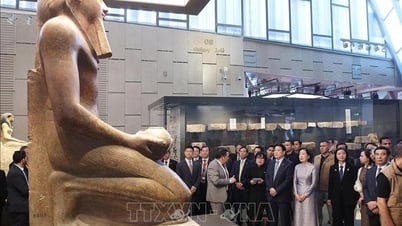






















Comment (0)